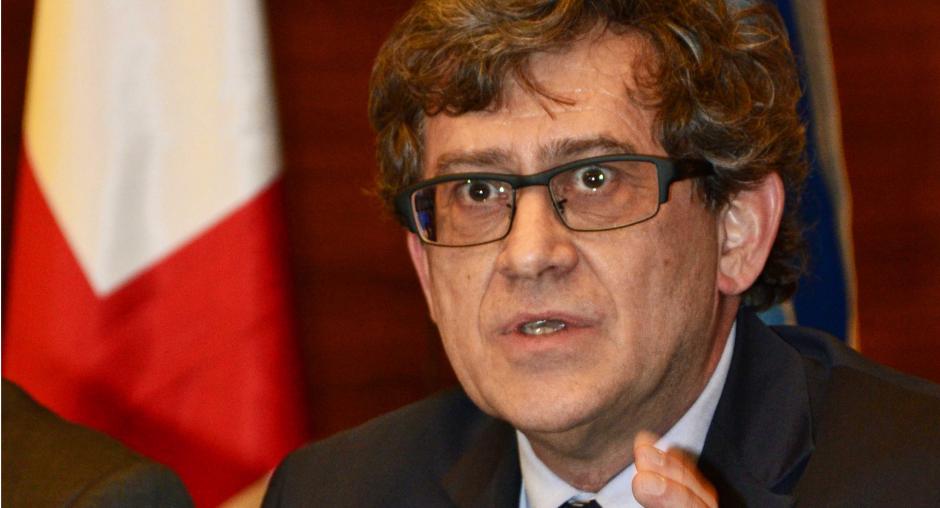OSCE/ODIHR presents recommendations from final report on presidential election in Georgia

A team from the OSCE Office for Democratic Institutions and Human Rights (ODIHR) met with electoral stakeholders in Tbilisi from 12 to 14 February 2014 to present the final report of its election observation mission for the 27 October 2013 presidential election in Georgia.
The team discussed the report’s recommendations to bring Georgia’s election-related legislation and practice more in line with OSCE commitments and other international standards with representatives of state authorities and political parties, as well as from civil society.
Representatives from international organizations and the international community also took part in the discussions on the report’s findings, together with broader issues of electoral reform, at a roundtable meeting on 13 February, organized jointly by ODIHR and the United Nations Development Programme, with support from the European Union.
The report recommends ways to improve both legislation and implementation, including by ensuring equal media access for candidates during elections, as well as the right to file complaints for all contestants on election-related issues and for all citizens in cases of possible violations of their suffrage rights. It also recommends further development of the legal framework for campaign finance and providing for more effective oversight.
OSCE participating States have committed to promptly follow up on ODIHR election assessments and recommendations. Some of those from the final report on the presidential election are already being discussed within various state authorities in Georgia and through a parliamentary inter-factional working group.
During the discussions, the team stressed that only those recommendations of a more technical and administrative nature should be implemented ahead of the upcoming local elections, scheduled for June.
Broader and more comprehensive recommendations are expected to be enacted, but the team emphasized that substantial changes should be left until after the June elections, and consultation with stakeholders should be continued throughout the implementation process.
